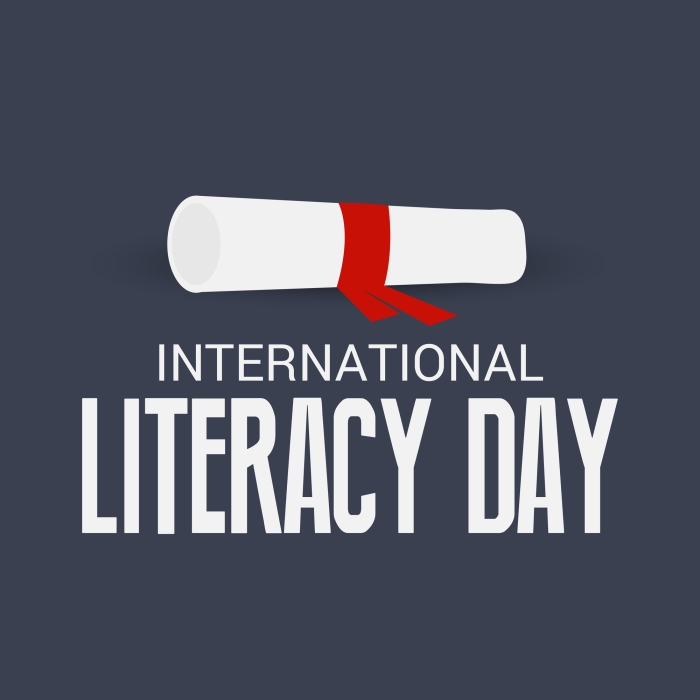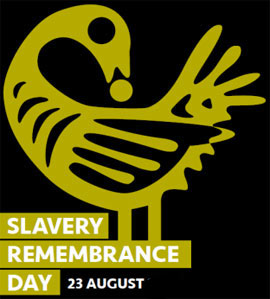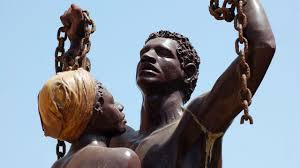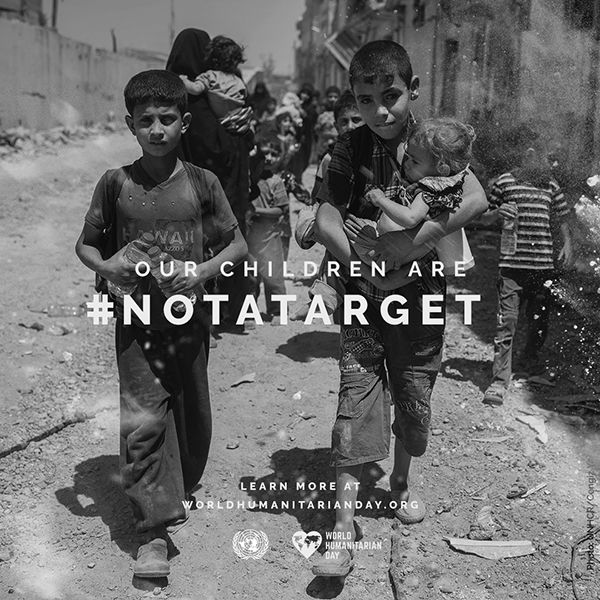
Over the past six decades, tourism has experienced continued expansion and diversification, and it has become one of the fastest growing and most important economic sectors in the world, benefiting destinations and communities worldwide.
International tourist arrivals worldwide have grown from 25 million in 1950 to nearly 1.2 billion in 2015!

Similarly, international tourism revenues earned by destinations around the world have grown from 2 billion US dollars in 1950 to 1260 trillion in 2015. The sector represents an estimated 10% of the world’s GDP and 1 in 10 jobs globally.
This growth over the second half of the 20th century and the 21st is due to the fact that access to tourism has progressively expanded thanks to the recognition of the right to holidays in the Universal Declaration of Human Rights, the improved adoption of labour rights in many countries and the growing middle class worldwide.
As the United Nations General Assembly affirmed when announcing the adoption of 2017 as the International Year of Sustainable Tourism for Development, tourism can contribute to all the three dimensions of sustainable development – economic, social and environmental – and each of the 17 Sustainable Development Goals. Not only does the sector spearhead growth, it also improves the quality of people’s lives. It can bolster environmental protection, champion diverse cultural heritage, and strengthen peace in the world. 
In this spirit, World Tourism Day 2017 presents a unique opportunity to raise awareness on the contribution of sustainable tourism to development among public and private sector decision-makers and the international community, while mobilizing all stakeholders to work together in making tourism a catalyst for positive change.
Join us in celebrating this special day! #WTD2017 #IY2017 #TravelEnjoyRespect #SDGs
Celebrate World Tourism Day by taking the pledge to #TravelEnjoyRespect


 The world has undergone a major economic and political transformation in the last two decades. The changes, particularly in the South, have been more rapid than at any time during a similar span in world history. Relationships within the South and between the South and the North have taken on entirely new dimensions. Key current issues such as the environment and climate change, energy and food security, global poverty, the linkage between growth and equity, and migration are today more global than North-South in nature.
The world has undergone a major economic and political transformation in the last two decades. The changes, particularly in the South, have been more rapid than at any time during a similar span in world history. Relationships within the South and between the South and the North have taken on entirely new dimensions. Key current issues such as the environment and climate change, energy and food security, global poverty, the linkage between growth and equity, and migration are today more global than North-South in nature.
 At record speed, digital technologies are fundamentally changing the way people live, work, learn and socialize everywhere. They are giving new possibilities to people to improve all areas of their lives including access to information; knowledge management; networking; social services; industrial production, and mode of work. However, those who lack access to digital technologies and the knowledge, skills and competencies required to navigate them, can end up marginalized in increasingly digitally driven societies. Literacy is one such essential skill.
At record speed, digital technologies are fundamentally changing the way people live, work, learn and socialize everywhere. They are giving new possibilities to people to improve all areas of their lives including access to information; knowledge management; networking; social services; industrial production, and mode of work. However, those who lack access to digital technologies and the knowledge, skills and competencies required to navigate them, can end up marginalized in increasingly digitally driven societies. Literacy is one such essential skill.
 International Day for the Remembrance of the Slave Trade and its Abolition is intended to inscribe the tragedy of the slave trade in the memory of all peoples. In accordance with the goals of the intercultural project “The Slave Route”, it should offer an opportunity for collective consideration of the historic causes, the methods and the consequences of this tragedy, and for an analysis of the interactions to which it has given rise between Africa, Europe, the Americas and the Caribbean.
International Day for the Remembrance of the Slave Trade and its Abolition is intended to inscribe the tragedy of the slave trade in the memory of all peoples. In accordance with the goals of the intercultural project “The Slave Route”, it should offer an opportunity for collective consideration of the historic causes, the methods and the consequences of this tragedy, and for an analysis of the interactions to which it has given rise between Africa, Europe, the Americas and the Caribbean.